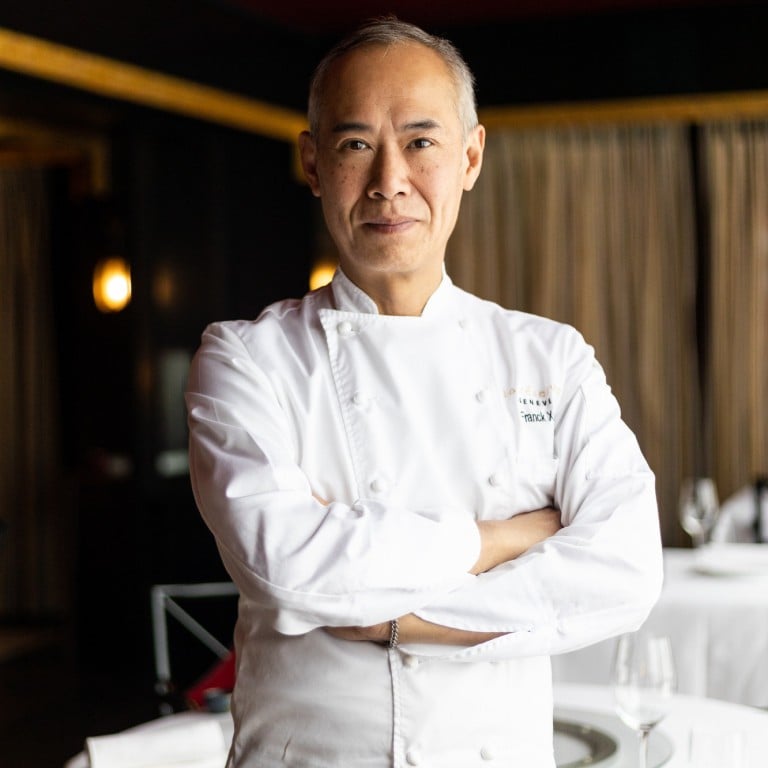
Profile | There is 1 Michelin-star Chinese restaurant in Switzerland. Its chef talks about giving an authentic taste of his homeland
- Frank Xu of Le Tsé Fung in Geneva honed his skills around China before moving to Europe, which he says was an ‘emotional’ process
- The chef, who earned the restaurant’s first Michelin star, in 2016, opens up about adapting his dishes for the European palate while keeping flavours authentic
As the chef behind the only Michelin-star Chinese restaurant in Switzerland, Guangzhou native Frank Xu is flying the flag for his nation’s cuisine far from home.
Under his direction, Le Tsé Fung, at La Réserve Geneva, a luxury hotel on the shores of the city’s famous lake, earned a Michelin star in 2016, which it retains today.
It is not the first time Xu has applied his Midas touch beyond China’s shores.
Before his current decade in Switzerland, he launched Shang Palace at the Shangri-La Paris, Europe’s first outpost of this famed, 50-year-old restaurant brand. In 2012, Xu helped the French venue earn a star a year after opening, making it the only Michelin-starred Chinese restaurant in Paris.
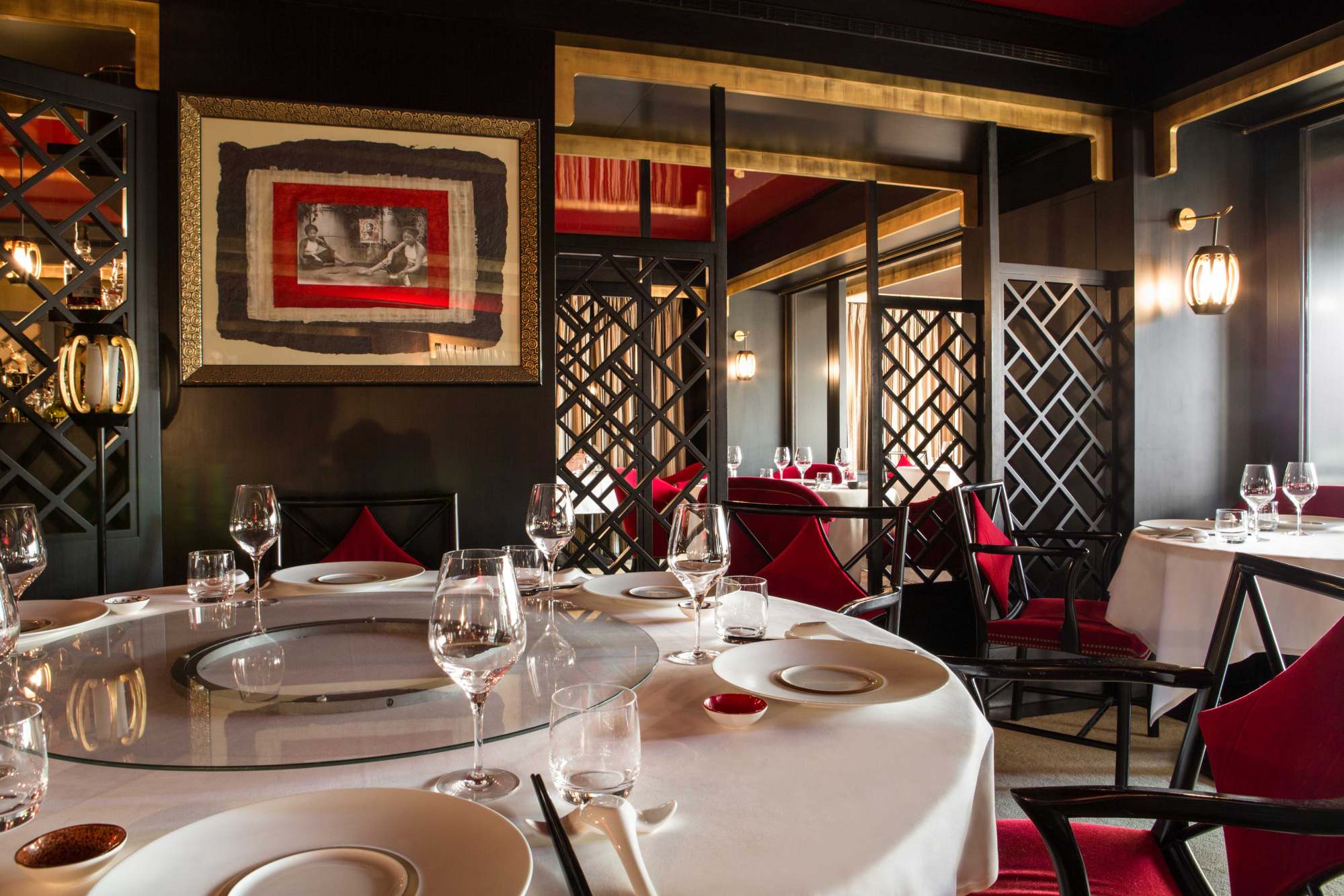
He was brought in to launch the Shang Palace after working for the Shangri-La hotel group for almost 20 years, in cities including Beijing, Shanghai and Hong Kong.
Before moving to Paris, he also did a stint at the Royal Hong Kong Yacht Club in Hong Kong.
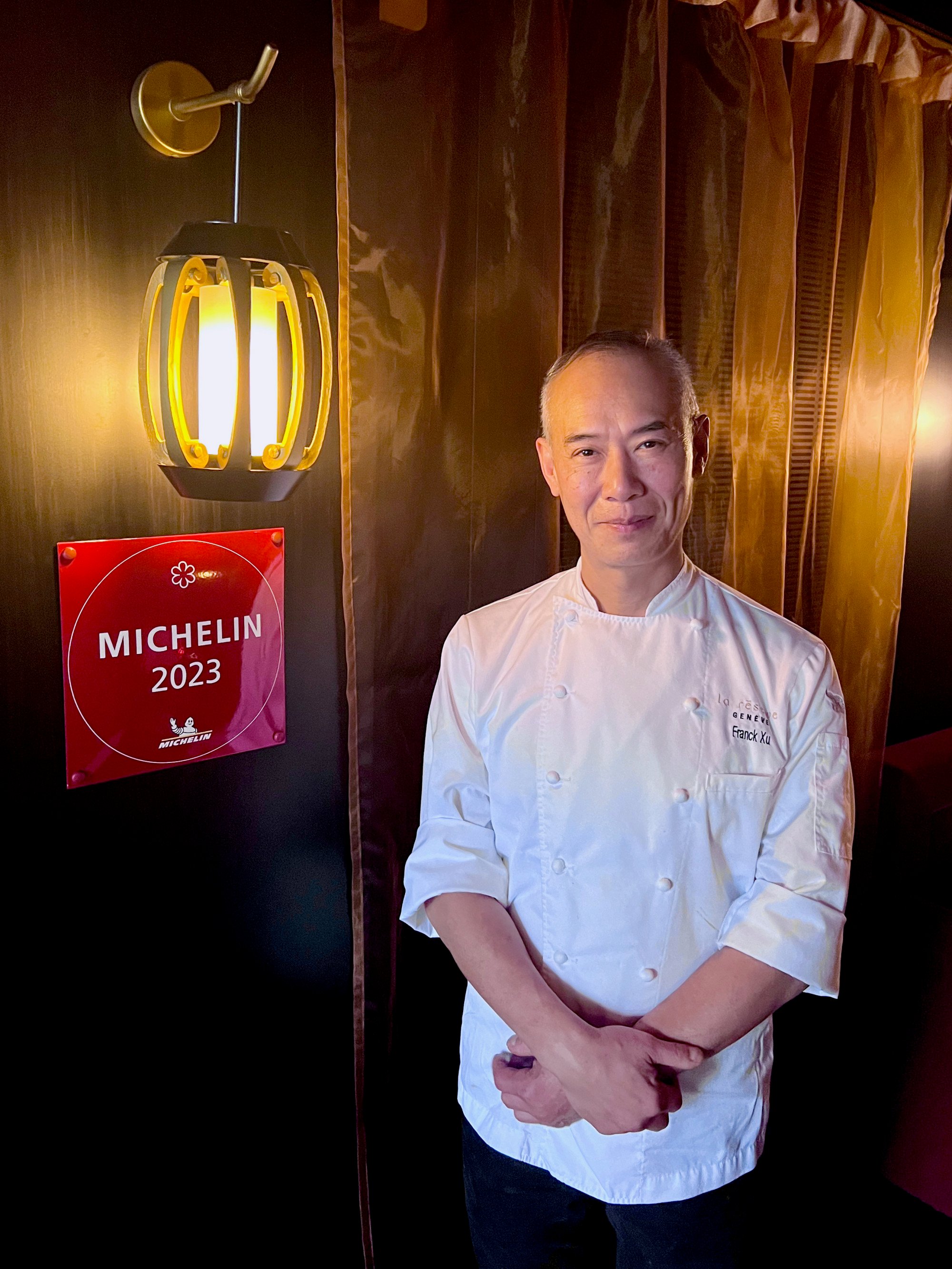
Xu’s arrival in Europe in 2000 was “emotional” he says, and he had to quickly learn how to adapt.
“It’s very different from China, in the kitchen and in life. I was used to doing things in a different way,” says Xu through an interpreter. “But I just worked hard, and stayed motivated. I was ambitious and wanted to succeed.”
Xu’s ambitions built on a legacy started by his grandfather and continued by his father, who were both chefs. His mother and grandmother also worked in the restaurant business.
There’s a lot of Chinese food in Switzerland, and there’s a lot of room for development
In the 1940s, while running several small stores selling daily provisions, Xu’s grandfather opened a restaurant in Guangzhou specialising in dry wok cooking.
During the Mao Zedong years, the family were able to maintain an income from these small businesses, keeping them stable so they “didn’t have such a hard life, like other people of their time”.
Xu’s father learned to cook in the family restaurant before going on to work as a hotel chef. The hotel fascinated young Xu, who would sneak in and watch his dad at work: “Even when I was small, I liked cooking. I enjoyed it much more than school,” he says.
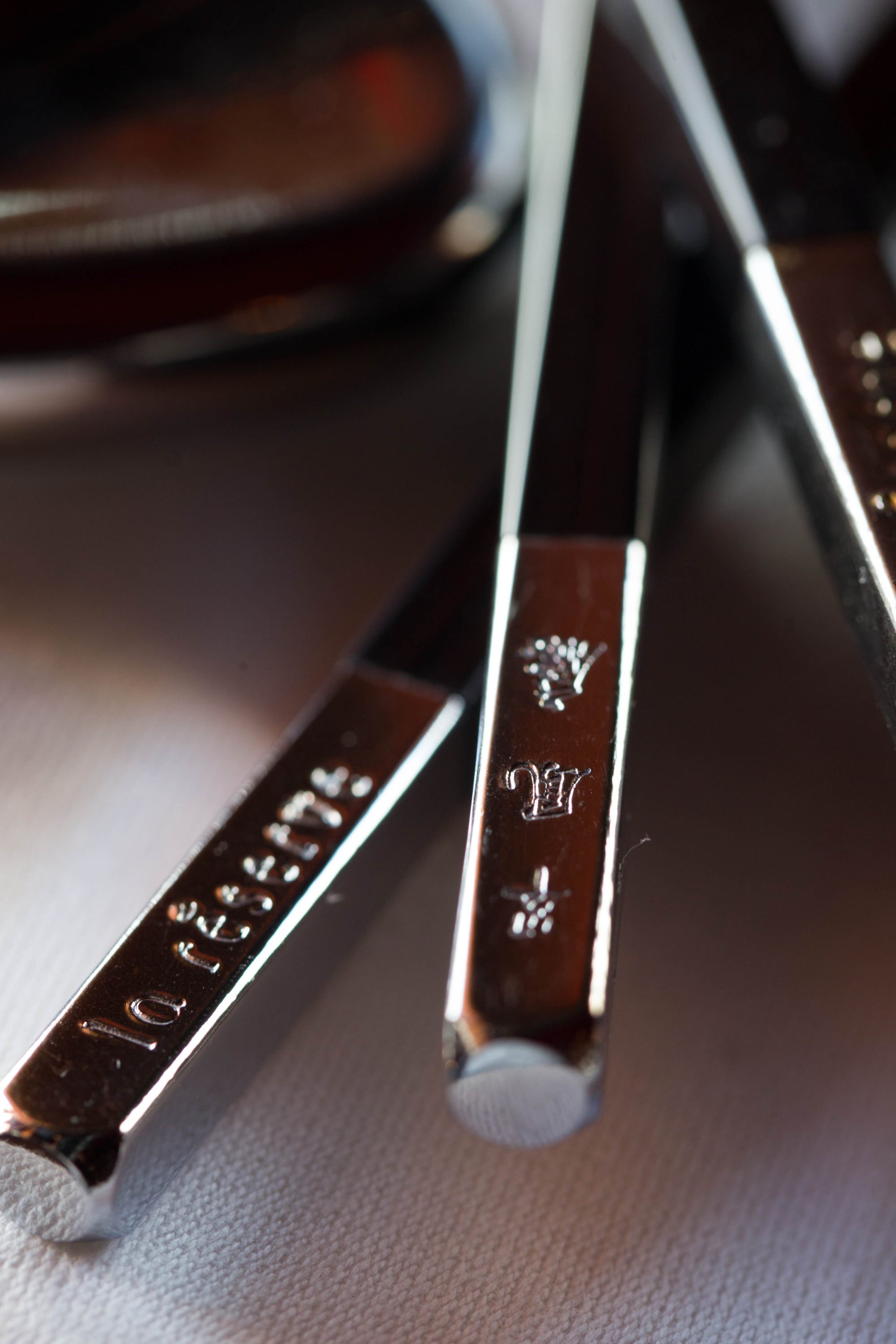
Xu left school in 1981, aged 13, and joined his father in the banqueting business. Later, he began an apprenticeship at one of Guangzhou’s most famous restaurants, which catered to businessmen and the wealthy.
Xu further developed his culinary skills at a state-run vocational school, specialising in Cantonese cuisine.
The millennial dumpling makers spreading the word about a Chinese staple
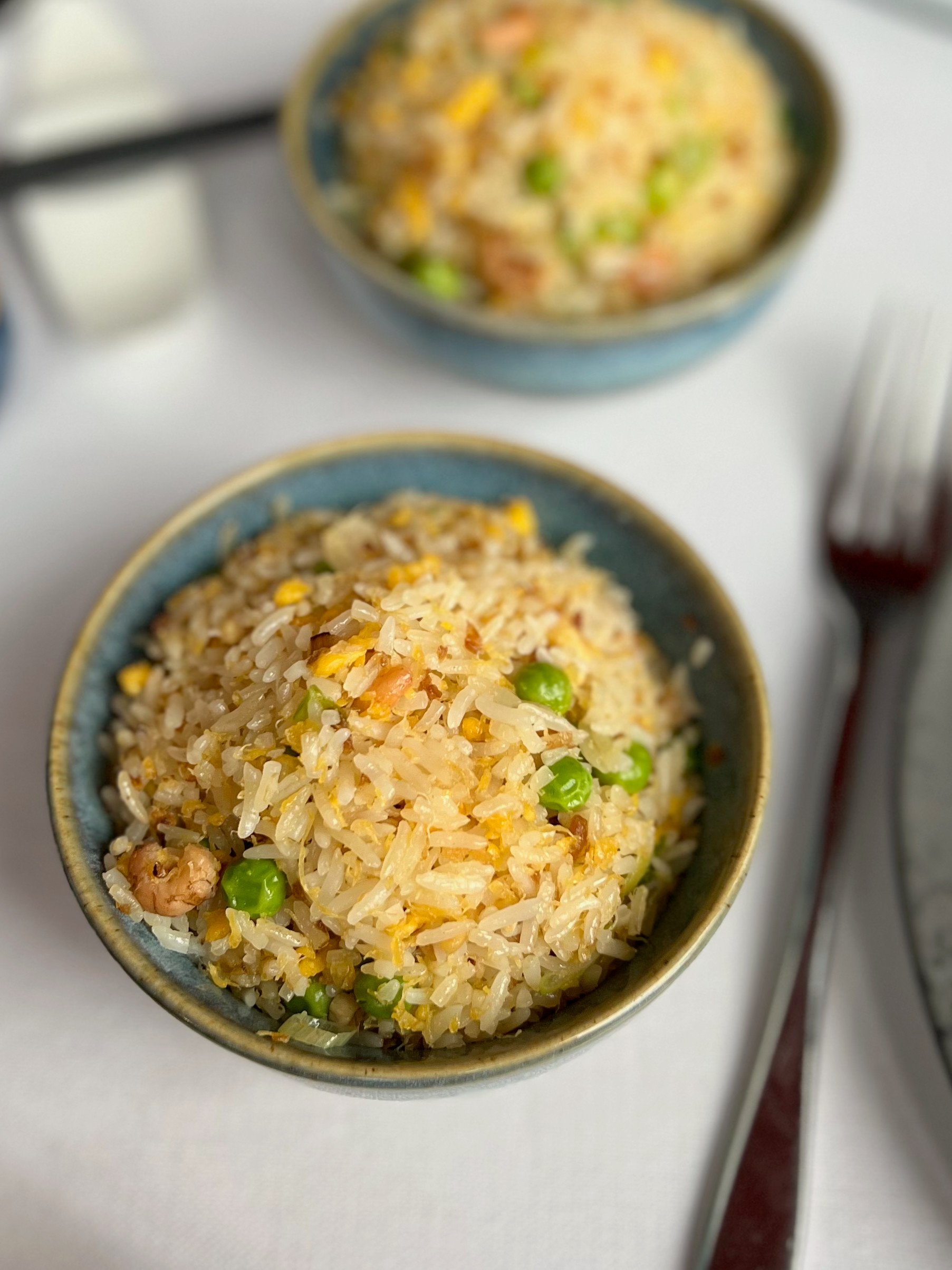
“Shenzhen was at the forefront of China’s reform and opening up wave, everything was new,” he says. “Now Shenzhen has become one of the most open cities in China.”
Then his life’s path turned westwards and he made the move to Europe. After four years in Paris, he transferred to Geneva to take the helm at Le Tsé Fung.
Opening a restaurant is expensive, ingredients are expensive and hiring good staff is expensive
He found the market for produce smaller in Switzerland than in France, with less variety of ingredients available. La Réserve’s sourcing team is, however, able to find what he needs.
While Xu’s kitchen team imports specific regional products, such as soy sauce from China, they try wherever possible to use local fresh produce.
Vegetables and meat come largely from Switzerland while Geneva’s proximity to the French border means that the hotel can source seafood easily from France and from other European Union countries.
‘Food of the people’: how fermented foods show Asia’s parallels
At Le Tsé Fung the dishes are largely authentic – not necessarily traditional but true to the flavours of Chinese cuisine – with modern touches. The menu is mainly Cantonese, but with Sichuan and other regional approaches making an appearance.
“We do tweak some dishes a little,” says Xu. “Some Westerners will not have been to Asia, and are maybe not used to the flavours there. Our Sichuan dishes, especially, we adapt, sometimes reducing the fire to make them more palatable.”
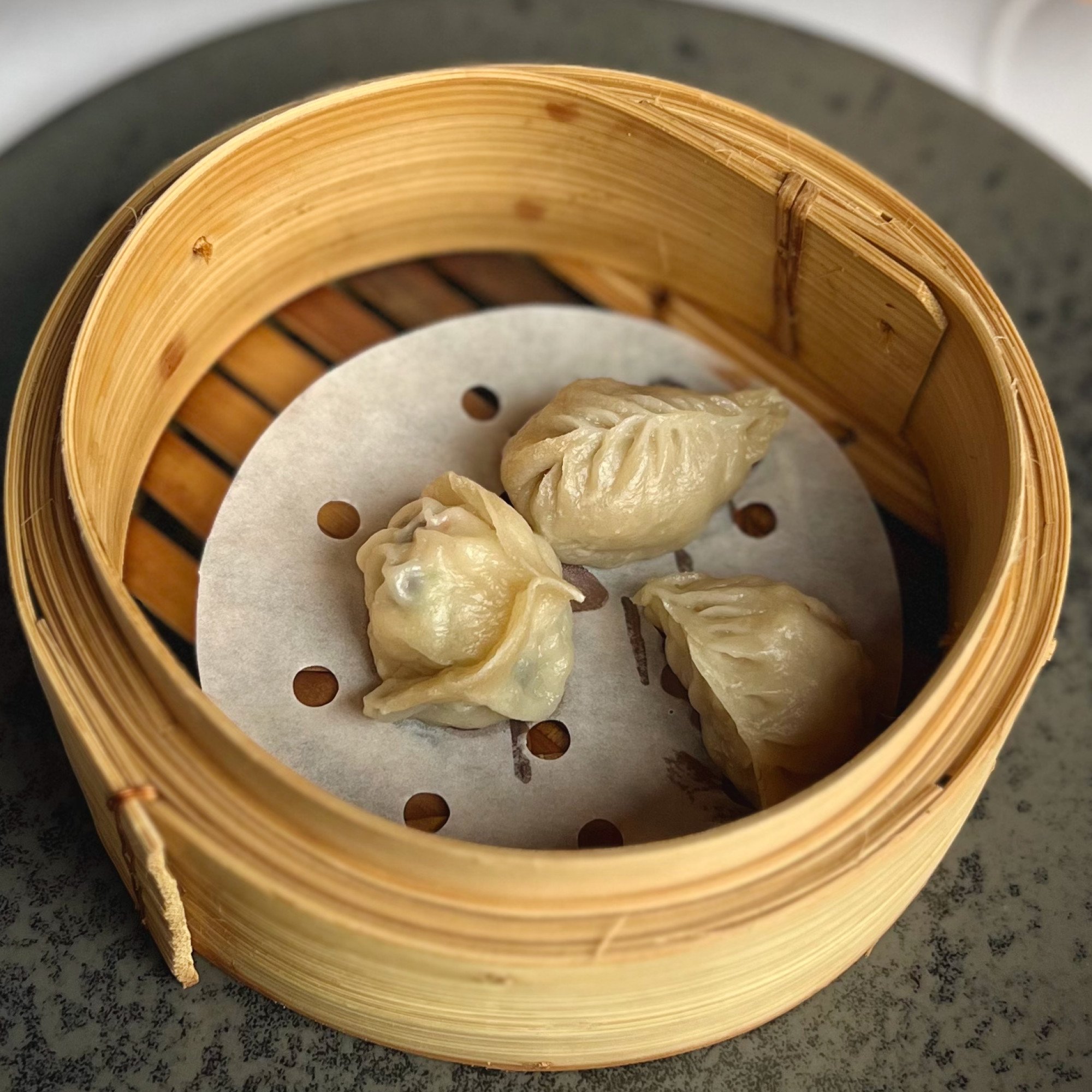
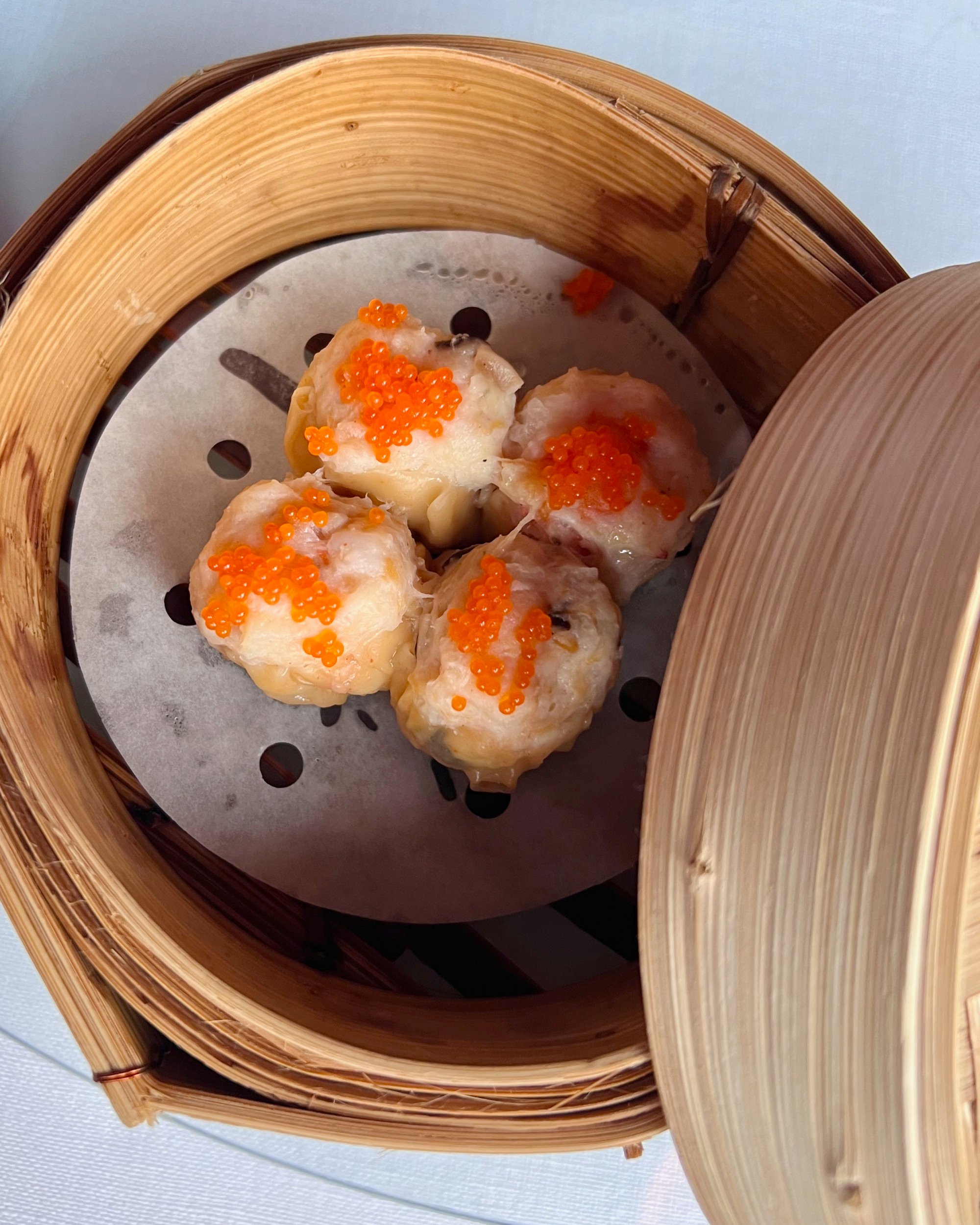
Peking duck is served two ways: the crispy skin with wholewheat pancakes and hoisin sauce, and the wok-fried minced duck breast wrapped in lettuce leaves.
For dessert, mango sorbet is plated attractively as a bright quenelle, a paper-thin disc of biscuit rising vertically from its flank, while a classic mango sago pudding comes with a mochi stuffed with whipped cream and fresh fruit.
Xu retains the most well-loved dishes on the menu for his loyal customers, some of whom have been coming to Le Tsé Fung for a decade.
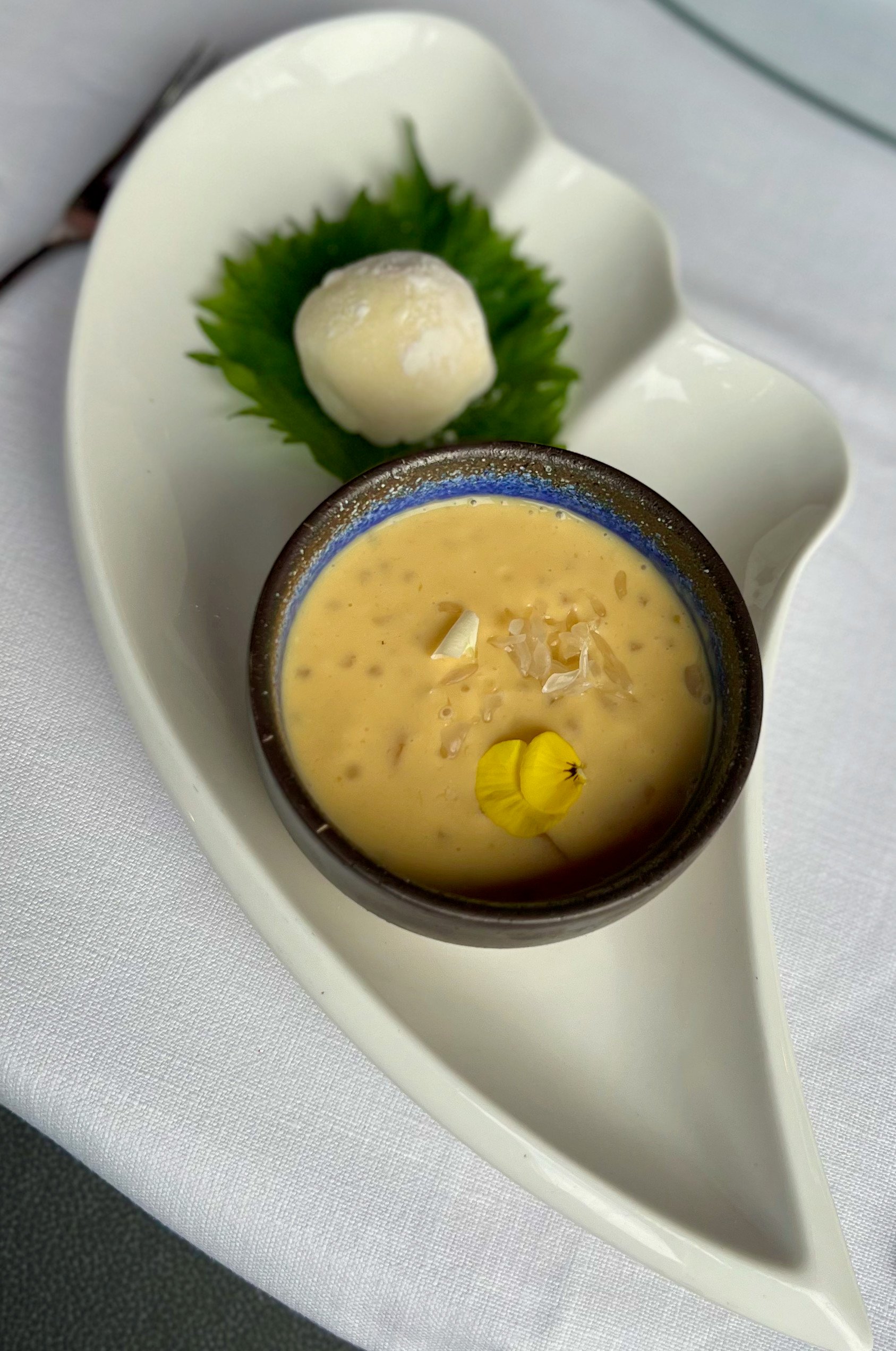
“We introduced some quite original flavours,” he says. “We keep these dishes on our menu so our regulars can feel at home.”
Other options for high-quality Chinese food in Geneva are scarce.
“There’s a lot of Chinese food in Switzerland, and there’s a lot of room for development,” says Xu. “In Geneva, it’s hard to find authentic Chinese food, never mind traditional food.”
What did Janet Yellen eat in China? The internet wants to know
When it comes to contemporary Chinese food, independent restaurants serving exciting, progressive Chinese food are blossoming in other cities across the world, but in Switzerland costs are prohibitive.
“Opening a restaurant is expensive, ingredients are expensive and hiring good staff is expensive,” says Xu. “Cantonese cuisine, especially, requires a lot of hands.”
At Le Tsé Fung, Xu credits his team and the hotel management with giving him the chance to grow and excel as a chef. Their support allows Xu’s capable hands to continue to win new appreciation for Chinese food in Switzerland and beyond.

